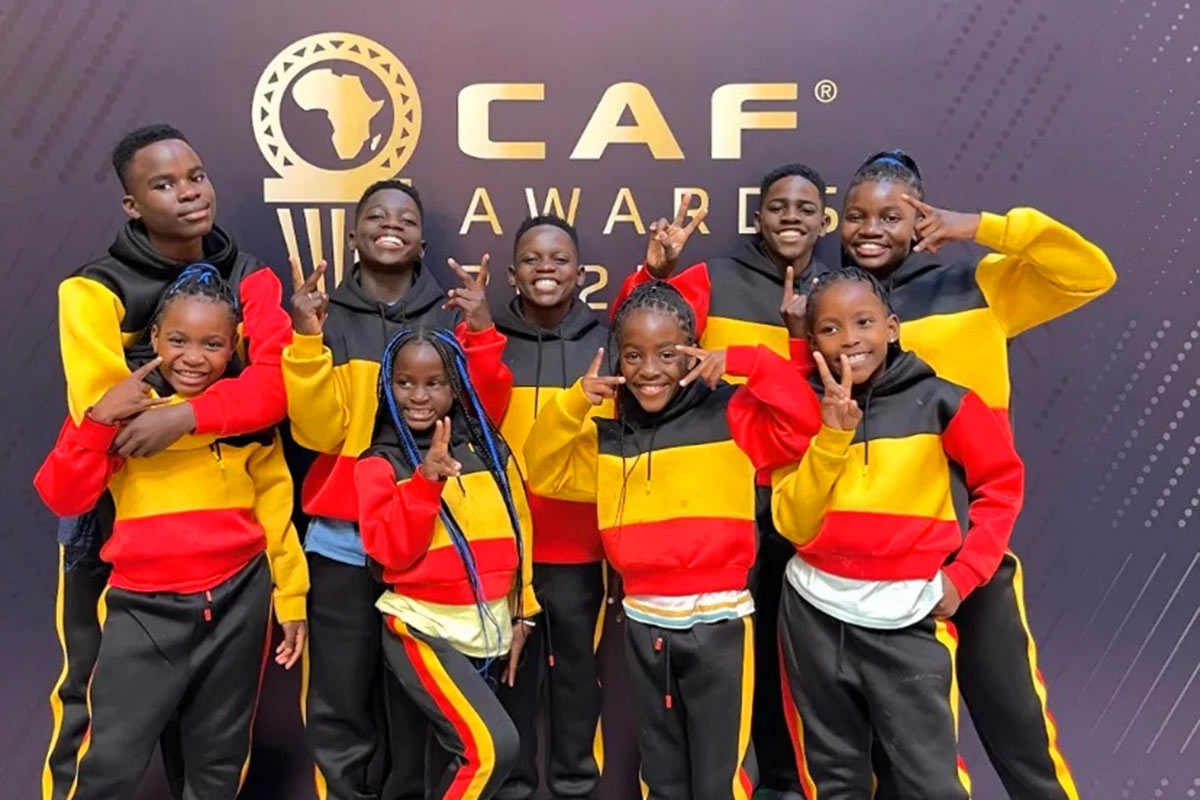
The Ghetto Kids, formerly Triplets Ghetto Kids. This isn’t an article about the Ghetto Kids, but what better way to talk about rising talent from the ghettos than with the best example? At this point, it’s no secret that Uganda’s ghettos are rich with talent. From chess champions like Queen of Katwe Phiona Mutesi to skilled craftsmen shaping metal in Katwe’s bustling slums, to athletes and musicians who’ve risen against all odds, Uganda’s ghettos are a hotbed of untapped potential.
If you’ve ever been to Katwe, you’ll know it’s the go-to place for spare parts and fabrications; ingenuity is simply woven into the community. You can take an original design there only to discover that Mustafa has already built something similar. Entertainers from these areas have been just as impactful.
Consider Bobi Wine, who started as a ghetto musician, turning his gritty upbringing into a tool for creating music that resonated with the everyday struggles of Ugandans. Or the Ghetto Kids, whose electric performances at Britain’s Got Talent earned them the Golden Buzzer and captured the hearts of millions.
Ghettos across Africa have always been places of resilience. Let’s face it, sometimes life makes an unexpected turn for the worst, and when poverty pushes boundaries, many find that dance, music, or craft is their only way of life. Dancing on streets for coins from Boda riders and market goers, selling crafts, baskets, and the like… in Uganda, the ghettos of Kampala; Kamwokya, Kisenyi, and Katwe tell stories of communities using their environment to build dreams…sometimes the legit way, other times questionable.
When talent and hard work meet opportunity, success is bound to happen. The ghetto kids, for example, earned global recognition when they were featured on Britain’s Got Talent. Eddy Kenzo’s rise from sleeping on the streets of Masaka to winning a BET Award is a testament to the transformative power of talent and perseverance. His global hit Sitya Loss even featured the Ghetto Kids, blending his story with theirs to show what’s possible when raw talent meets opportunity.
Beyond Uganda, Africa offers a wealth of inspiring stories:
In South Africa, Musa Motha, a one-legged dancer from Soweto, has overcome immense physical and economic challenges to inspire audiences worldwide with his breathtaking moves.
Ghana’s Incredible Zigi began as a street dancer showcasing Azonto moves. Today, he’s an internationally recognised choreographer, performing alongside artists like Mr. Eazi and Davido.
Nigeria’s Poco Lee started as a street dancer in Lagos and is now one of the most sought-after hype men and choreographers in Afrobeats music, working with stars like Burna Boy and Wizkid.
As the saying goes, “Slow success builds character, Fast success builds the ego.” These stars don’t just rise alone; they lift others with them.
The Ghetto Kids fund education for children in their neighbourhood, inspiring youth to dream bigger. Eddy Kenzo’s philanthropic efforts in Masaka have supported young musicians and dancers, creating avenues for others to follow in his footsteps.
However, life is hard for people. Ghetto talents often lack access to equipment, training, or financial backing. Eddy Kenzo’s first studio recording was a struggle to fund, while the Ghetto Kids performed barefoot for years before sponsorships came through. On top of that, ghettos are often associated with crime and poverty, which overshadows the incredible stories emerging from these communities.
Well, today, social media has tried to bridge the gap as far as talent and entertainment are concerned. Platforms like YouTube, TikTok, and Instagram have helped level the playing field for ghetto talents. The likes of Tenge Tenge, Ghetto Kids, Watoto Kids Choir, Masaka Kids Africana, and other creators are allowing these talents to show what they can do directly to the world.
From the dusty streets of Kampala to the bright lights of international stages, the journey of African ghetto talent is inspiring. While we laugh, smile, and dance to their content, we must also recognise the stories behind them.
Support ghetto talent. Share their videos, fund their initiatives, and challenge the stereotypes surrounding these communities.
1 thought on “From The Dusty Streets of Kampala to Superstars: African Ghetto Kids”
Pingback: Top 10 Ugandan YouTubers to Watch In 2025 - Nymy Net